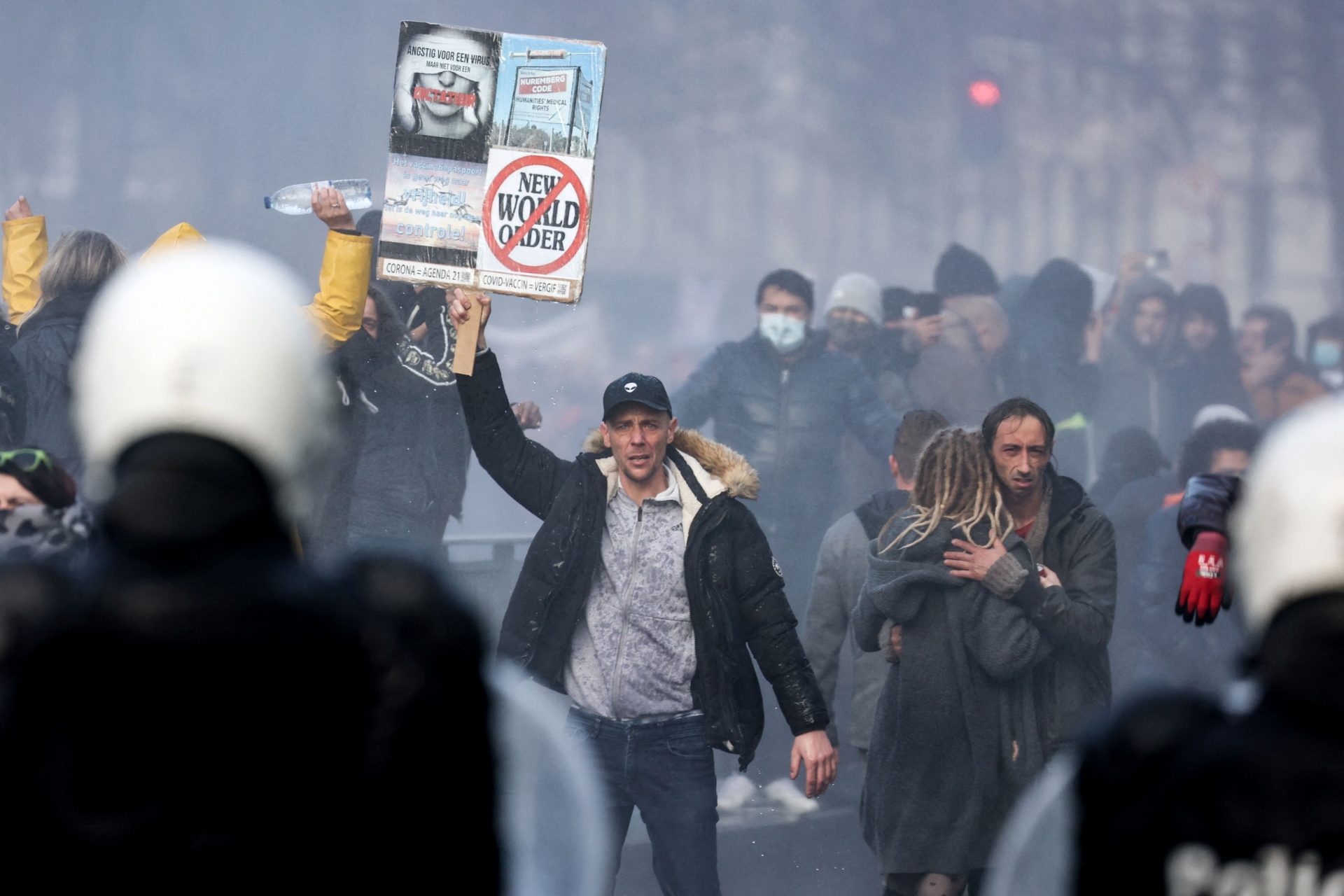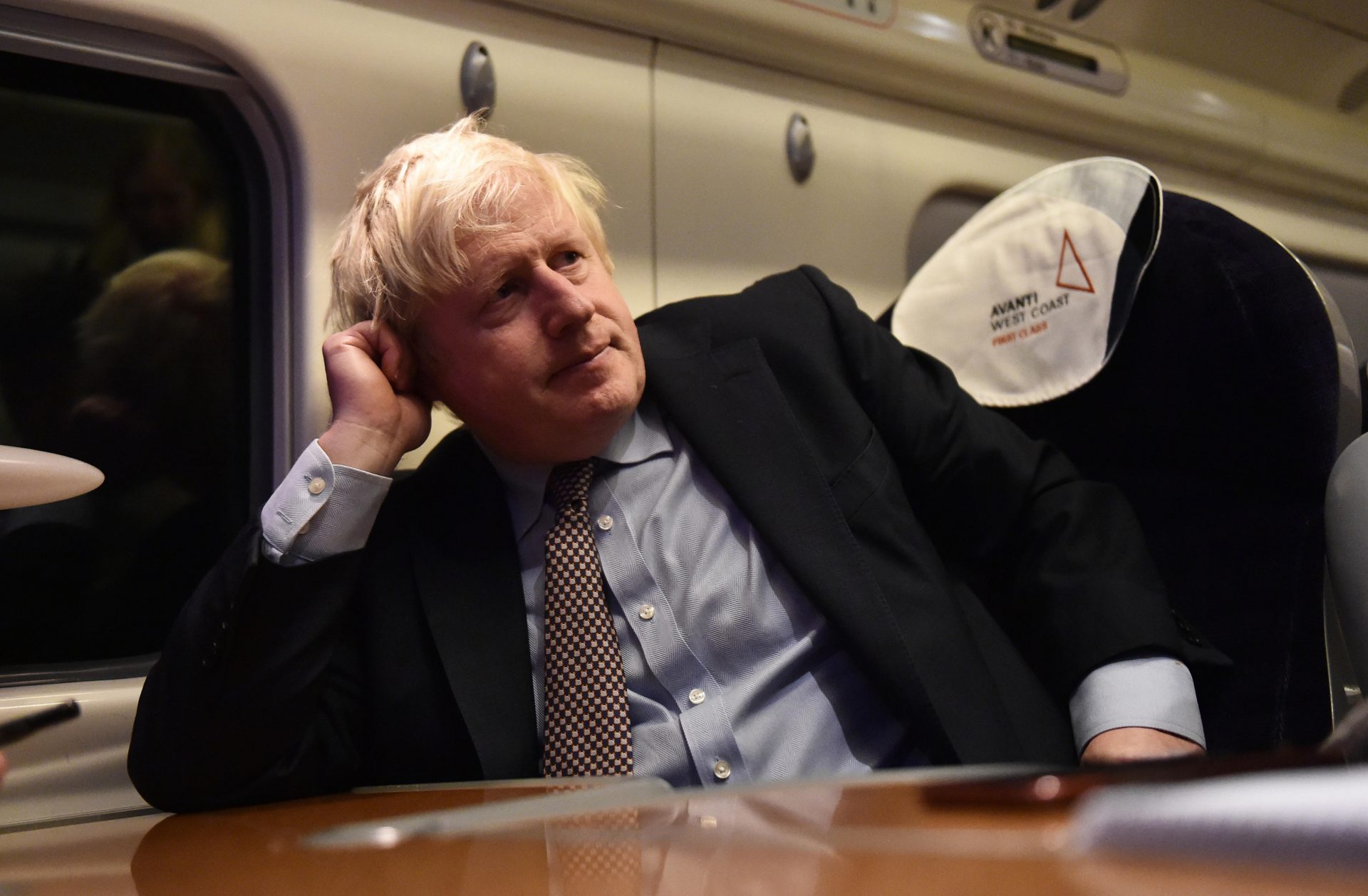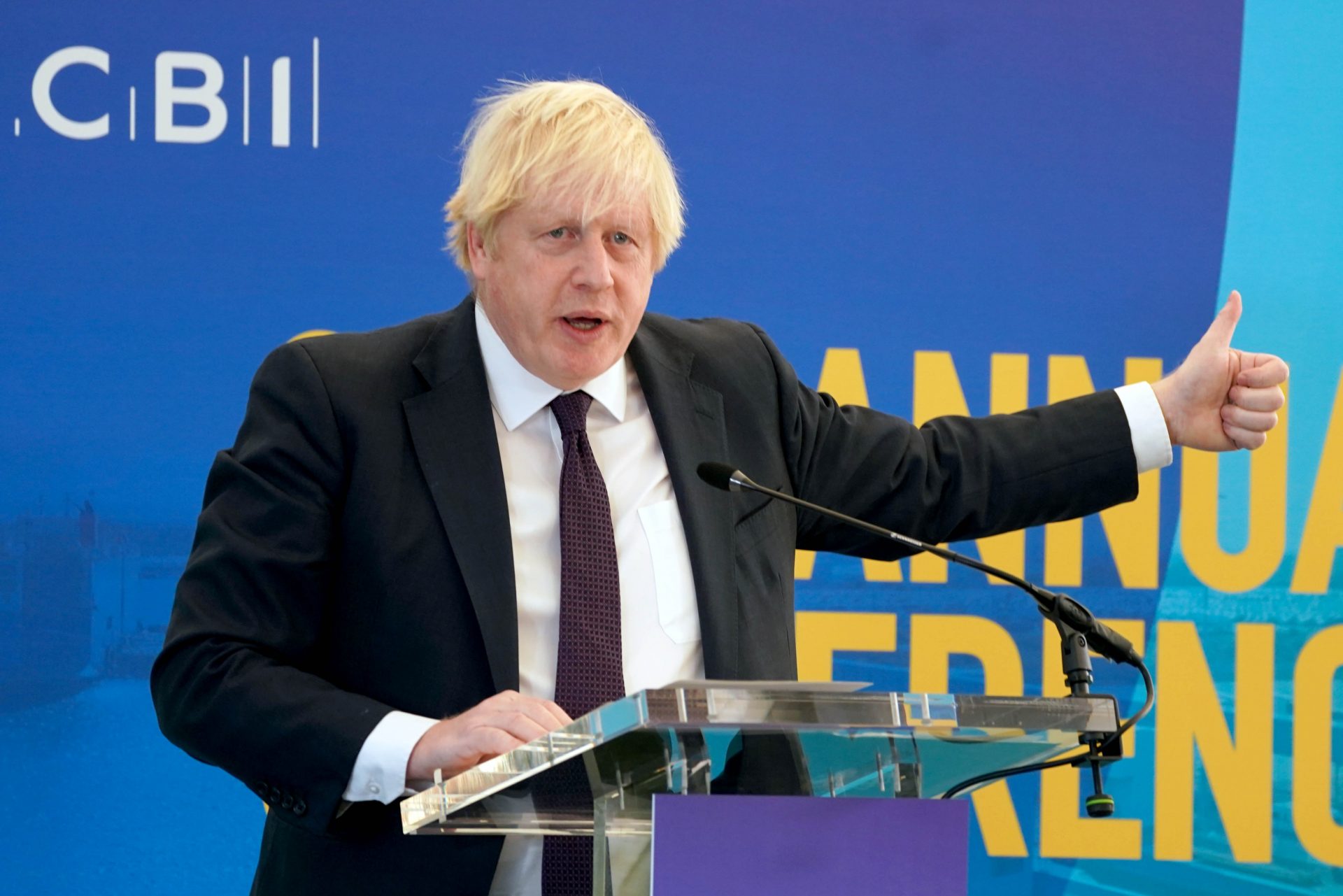If the early days of the Covid pandemic were marked by an all-consuming existential dread that smothered rebellion, this is no longer the case. Two years after the discovery of the first case in China and with infection numbers shooting up again across Europe, thousands of people took to the streets last weekend to protest a new wave of restrictions. In Holland, angry youths burned bicycles and threw rocks over three nights of rioting while police shot live rounds into the air in Rotterdam.
In Brussels, protesters threw smoke bombs while police used water cannons and tear gas. In Austria, tens of thousands of people marched through Vienna, waving banners that read “Freedom”, after the government announced a new lockdown, starting this week, and said it plans to make it compulsory to get vaccinated, from February. Austria is the first country in western Europe to introduce a full lockdown since vaccines were rolled out. Around a third of Austrians are unvaccinated and authorities mainly blame the unjabbed for this new wave.
The World Health Organisation has warned that unless measures are tightened across Europe, half a million more deaths could be recorded by next spring. In Germany, outgoing chancellor Angela Merkel was quoted as saying that Germany would need tighter restrictions to fight the new wave.
The Czech Republic and Slovakia banned unvaccinated people from hotels, pubs and most puiblic events, while the Netherlands imposed a partial lockdown on November 13, and is considering tighter rules for the unvaccinated in public arenas.
For now, Britain seems to have avoided the steep rise in case numbers seen in Europe, partly because of a swifter vaccine rollout and partly because numbers have remained high since the summer. On Sunday, health minister Sajid Javid said he saw no reason to introduce new restrictions… yet.




